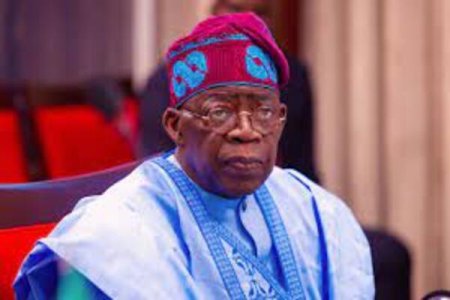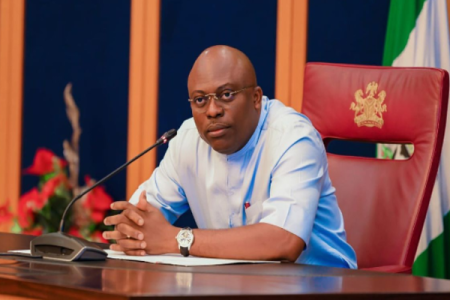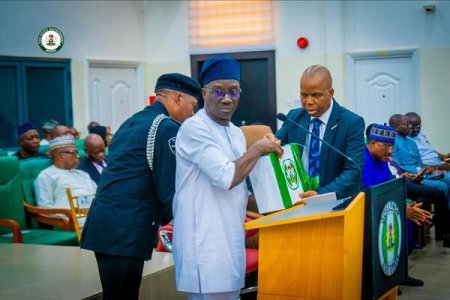
President Tinubu delays the decision on the new national minimum wage for further consultations. FEC supports the move to include input from states and the private sector. Minister of Information Mohammed Idris announces decision after FEC meeting. The government aims for a comprehensive approach to address complex wage issues affecting multiple stakeholders.
President Bola Tinubu has opted to engage in further consultations before finalizing the new national minimum wage, according to a recent announcement by the Federal Government. This development came to light following the Federal Executive Council (FEC) meeting at the Presidential Villa, as disclosed by Minister of Information, Mohammed Idris.
The decision to postpone a final verdict stems from the complexity of the issue, which extends beyond the federal level to impact states and the private sector. Despite receiving a report from the tripartite committee, President Tinubu believes additional discussions are necessary to make a well-informed decision.
Idris emphasized the President's commitment to a comprehensive approach, stating, "The President has carefully reviewed the committee's report. However, recognizing the far-reaching implications of this wage adjustment, he's chosen to broaden the consultation process."
The FEC, after deliberating on the matter, concurred with the President's stance to delay an immediate decision. This move is seen as a strategic step to ensure all key stakeholders, including state governments and private sector representatives, have the opportunity to provide input and voice their concerns.
The minimum wage issue has been a topic of significant debate in Nigeria, with various sectors advocating for different levels of increase. The government's decision to extend consultations reflects the delicate balance required between improving workers' welfare and maintaining economic stability.
As the nation awaits the outcome of these extended deliberations, the focus remains on achieving a fair and sustainable minimum wage that addresses the needs of workers while considering the economic realities faced by employers and state governments.





